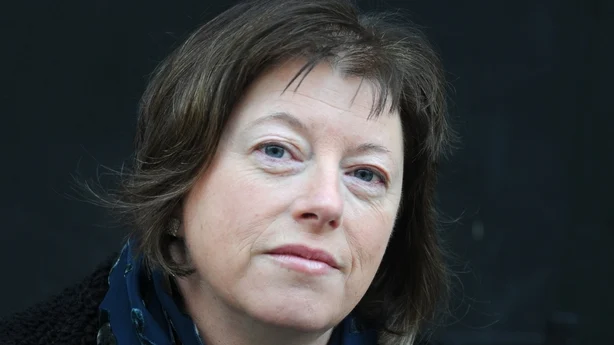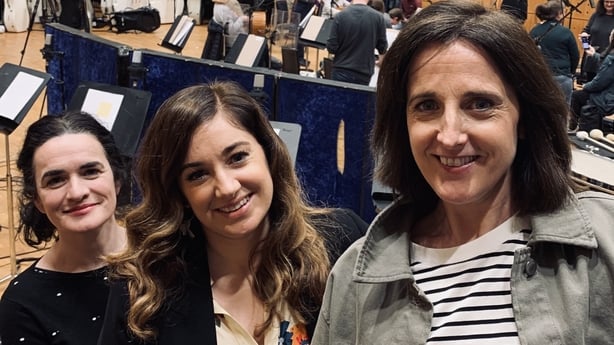Dec 24, 2024
Dec 13,2024
Below, Vona Groarke writes about her translation of the 18th century 'poem that isn't quite a poem' Caoineadh Airt Uí Laoghaire - and how this led to Irene Buckley’s opera.
Winter 2007. Out the window, the persimmon tree is lit with pink blossom and, in the yard, a woodpecker nails the afternoon in place. I am sitting at our dining table in a house in the suburbs of Winston-Salem, North Carolina, about as far away from the world of Eibhlín Dubh Ní Chonaill’s ‘Caoineadh Airt Uí Laoghaire’ as one could be.
My laptop is surrounded by books and print-outs, all of them showing the same text that isn’t quite the same text. They are English-language translations of the poem that isn’t quite a poem (being an oral outpouring, not written down for many years). And I am trying to understand this eighteenth-century Irish-language poem with my scant Irish, through the medium of a different language (with its different poetry traditions), its different way of organising feeling, thinking and aesthetics into what we call a poem.

Over 230 years since Eibhlín was roused from her bed by her murdered husband’s mare, I am trying to make my own version of Eibhlín Dubh’s extraordinary lament.
To do so I will need to strike some sort of rhyme between Eibhlín Dubh and my own (albeit limited) understanding of her language, life and world. Which is another way of saying I will translate then into now, and Eibhlín, somehow, into my own words. It’s an act of foolhardy presumption, certainly, but also an act of reverence for a poem I consider fundamental to the Irish poetic tradition and to our sense of what a poem might be.

It’s impossible to think of what I wrote as the same poem as Eibhlín’s given the prisms of time, distance, language and sensibility through which hers had to pass to arrive at that table, these words, or this opera. But it is my attempt to honour a poem I consider extraordinary not alone for its passionate sincerity but for the craft and patternings that hitch Eibhlín’s fire and fury to rigorous poetic form. Its repetitions and refrains give the language a quality which sits beautifully into Irene Buckley’s score, turning Eibhlín’s red-hot grief into powerfully haunting music.
With its mix of grief and grievance, attack and wound, the 'Caoineadh Airt Uí Laoghaire’ must have been intensely dramatic to hear in oral form. This opera returns that drama and affect to my words, making the urgency, passion and elegance of Eibhlín’s utterance available once more. I’m delighted that Irene’s opera uses my text: to hear these words voiced again in performance is a privilege, one I’m immensely grateful for.